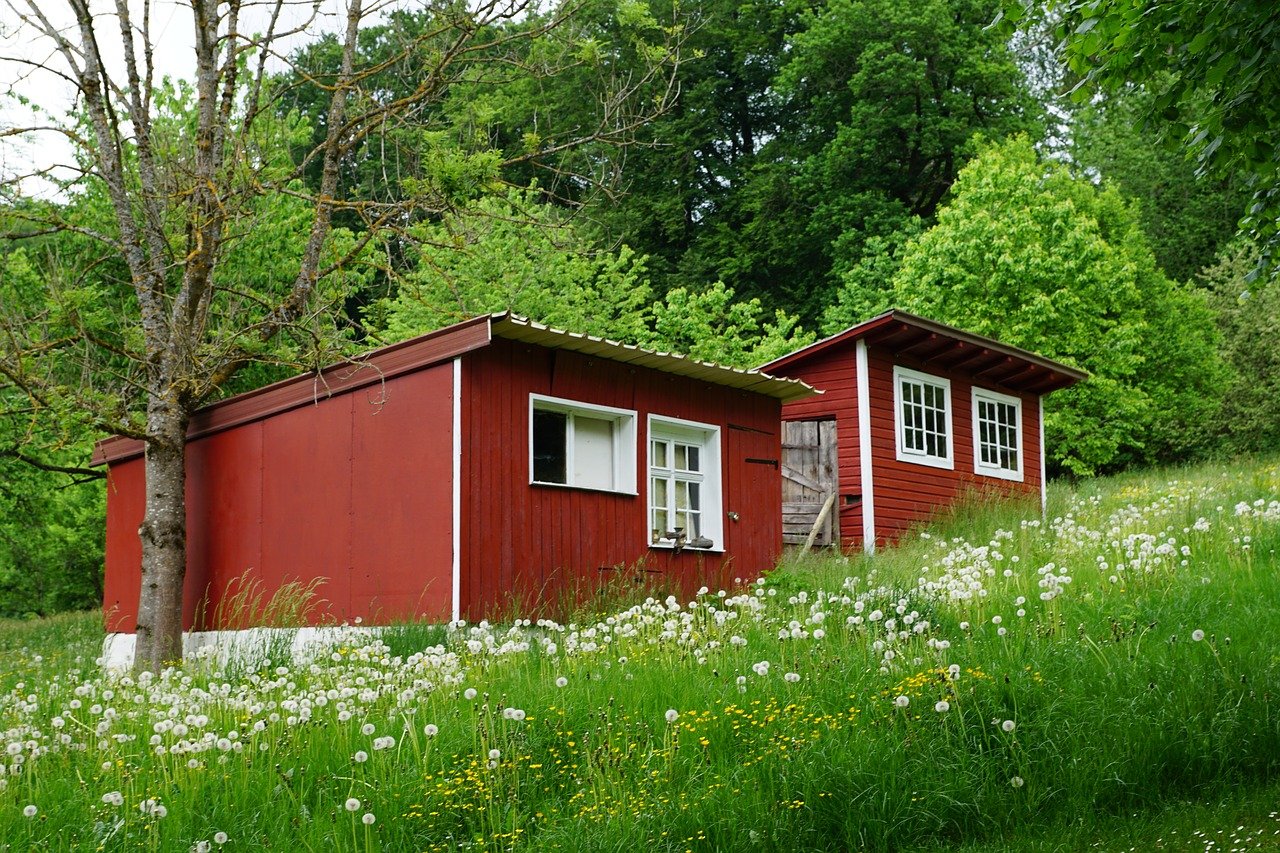Six Benefits to Purchasing a Smaller Home


For years, home hunters have been dazzled by elaborate and luxurious homes on lifestyle channels. Suddenly, everyone needed dedicated pantries and laundry rooms or separate rooms for a bathtub. But with a global pandemic and ever-shifting economic currents, homeowners are beginning to realize that less might really be more.
In 2019, a single-family home averaged just over 2,500 square feet, with an average family size of 3.14 people — nearly double the size of the average home in 1975. But according to a UCLA study, we didn't do much with all that space. The vast majority of people spent their time in communal spaces like the kitchen and family room, while more formal areas gathered dust and racked up utility bills.
But if the COVID-era push to work (and school) at home taught us anything, it’s that we don’t need more space — just better design. Even more, our homes became safe spaces to live and work, and we realized just how much of our homes actually had useful space.
If you’ve been thinking about buying a small home for your family (or as part of a 1031 exchange), consider these six benefits.
1. Small Homes Are More Affordable
Even in desirable areas with excellent amenities, smaller homes are generally more affordable. These lower purchase prices also mean lower down payments, closing costs, and monthly payments.
And because smaller homes cost less, some buyers find that they can amp up their down payment, which could help avoid mortgage insurance.
Other things that cost less in a small home:
- Utilities
- Furniture
- Home renovations or repairs
- Roof replacement
- Repainting
- Home insurance
Finally, because property tax is partially based on square footage, you’ll save money there, too. And if you’re in a condo, you might save on HOA fees that are based on your home’s size.
2. Small Homes Save Time
It makes perfect sense: Maintenance and repairs go faster when there’s less home to deal with. You won’t have to spend the entire weekend cleaning and repairing, and you’ll need less time to simply tidy up every day.
3. Small Homes Allow You To Indulge
If you’re a baker eyeballing Calacatta marble countertops but are put off by the high price, small homes have a surprising benefit: They allow for indulgences. Swapping out countertops stops being prohibitively expensive when you’re not renovating a cavernous kitchen.
Other small luxuries:
- Upgraded carpet in a smaller living room
- High-quality finishes in fewer bathrooms
- Chef-quality kitchen appliances
4. Small Homes Improve Your Quality of Life
Ever heard the term “house poor”? It’s that puzzling state where your house requires so many resources that you have no money (or time or attention) left for anything else.
Purchasing a smaller home may mean better cash flow, more flexibility in your finances for other living essentials, and more options overall. This means that you can devote more of yourself to things that you love — spending time with family, enjoying hobbies, traveling — instead of worrying about where the next mortgage payment is coming from.
5. Small Homes Promote Mindful Consumption
Clutter is clutter. However, purchasing a smaller home often makes people more thoughtful consumers. You simply cannot buy as much to fit in a smaller space, no matter how well-designed or well-organized it is.
Purchases become more mindful, focused on what you actually need. As Marie Kondo notes, "Once you learn to choose your belongings properly, you will be left only with the amount that fits perfectly in the space you currently own."
6. Small Homes May Have a Higher Resale Value
What happens in the real estate market is anybody’s guess, but smaller homes have been having their day in the sun. They're more affordable for younger homebuyers and more energy efficient, and city homeowners have shown preference for smaller housing.
For these reasons, smaller homes seem to be holding their resale value and even appreciating rapidly — more so than large homes with wallet-draining utilities and water-guzzling landscapes.
What To Look For When Buying a Smaller House
Many of the same home-shopping principles apply regardless of the size of the house, like checking for location, school districts, and commuting times. But smaller houses need a few unique considerations.
Solid design. Good small home design isn't just shrinking every room and taking away a bathroom or a bedroom or two. Solid design for small homes considers storage, movement, and the best use of space. This maximizes every square foot and makes smaller rooms feel more spacious.
Good storage. Smaller homes with built-ins are a great option, especially if they do double duty (for example, in-wall shelving or fold-down seating.
Outdoor space. Open-air spaces become more important when purchasing a smaller home — especially if you have family, pets, or hobbies that need them. With room to roam outside, you essentially expand your usable living area. Just don't fall into the trap of buying more outdoor space than you'll actually use.
When you’re ready to start shopping, ask your realtor about their experience with small home purchases. Note that traditional realtors get a higher payout with a higher home price, so they won't necessarily jump at the chance to show you smaller homes. Find a broker that's ready to meet your budget.
